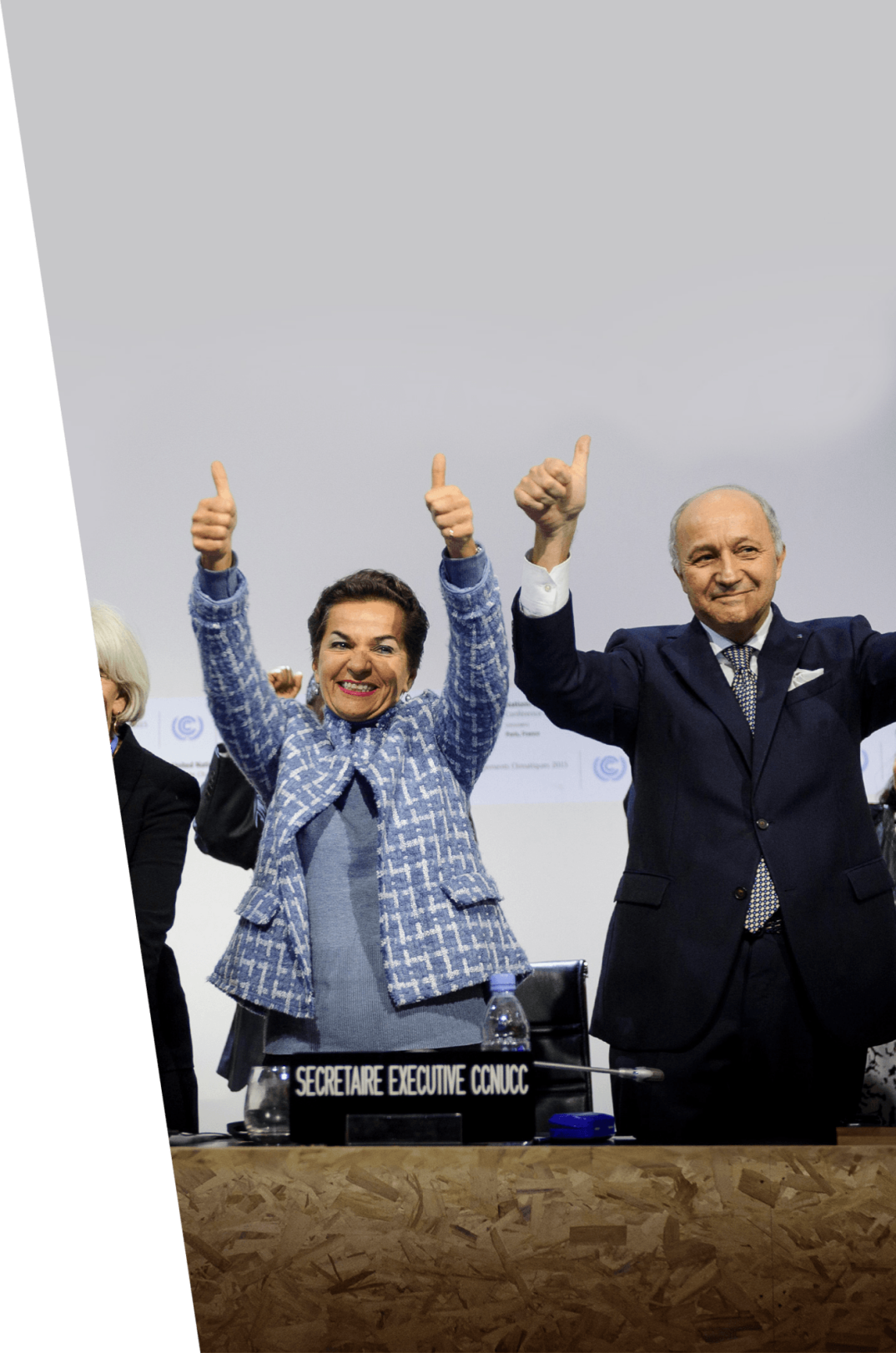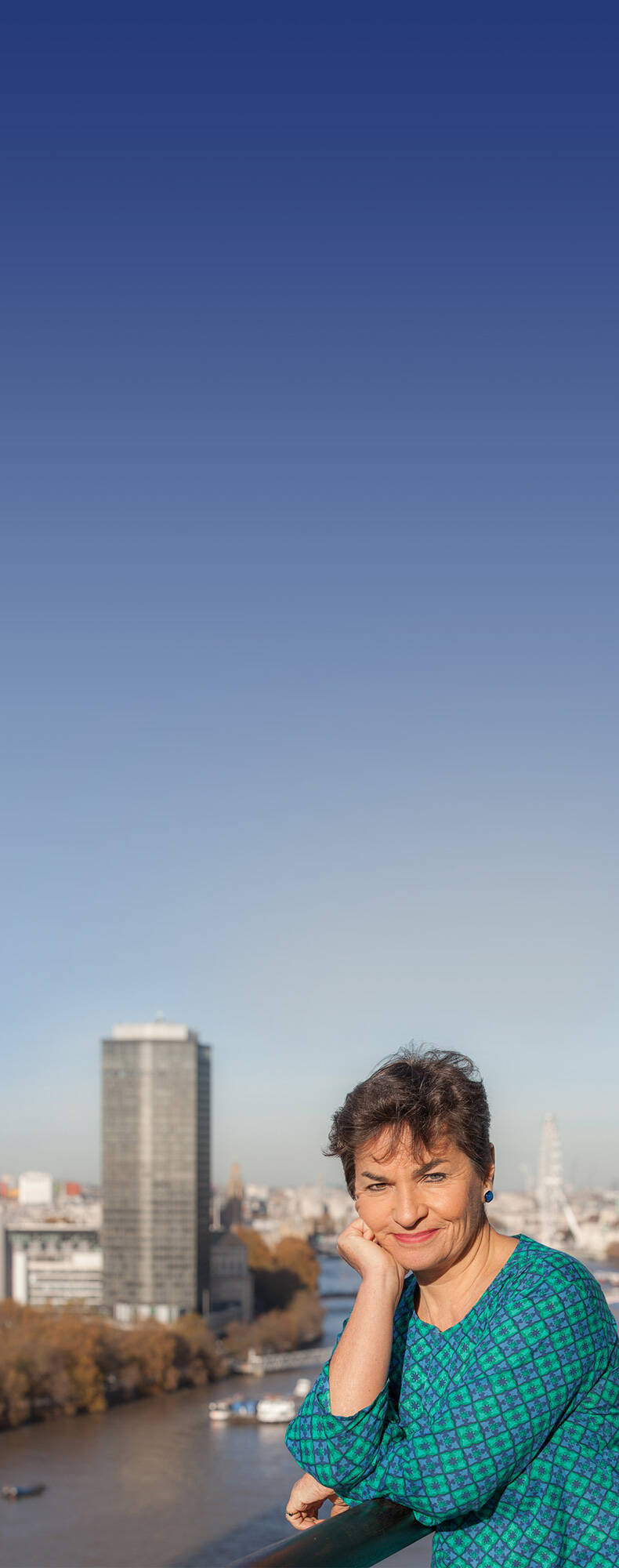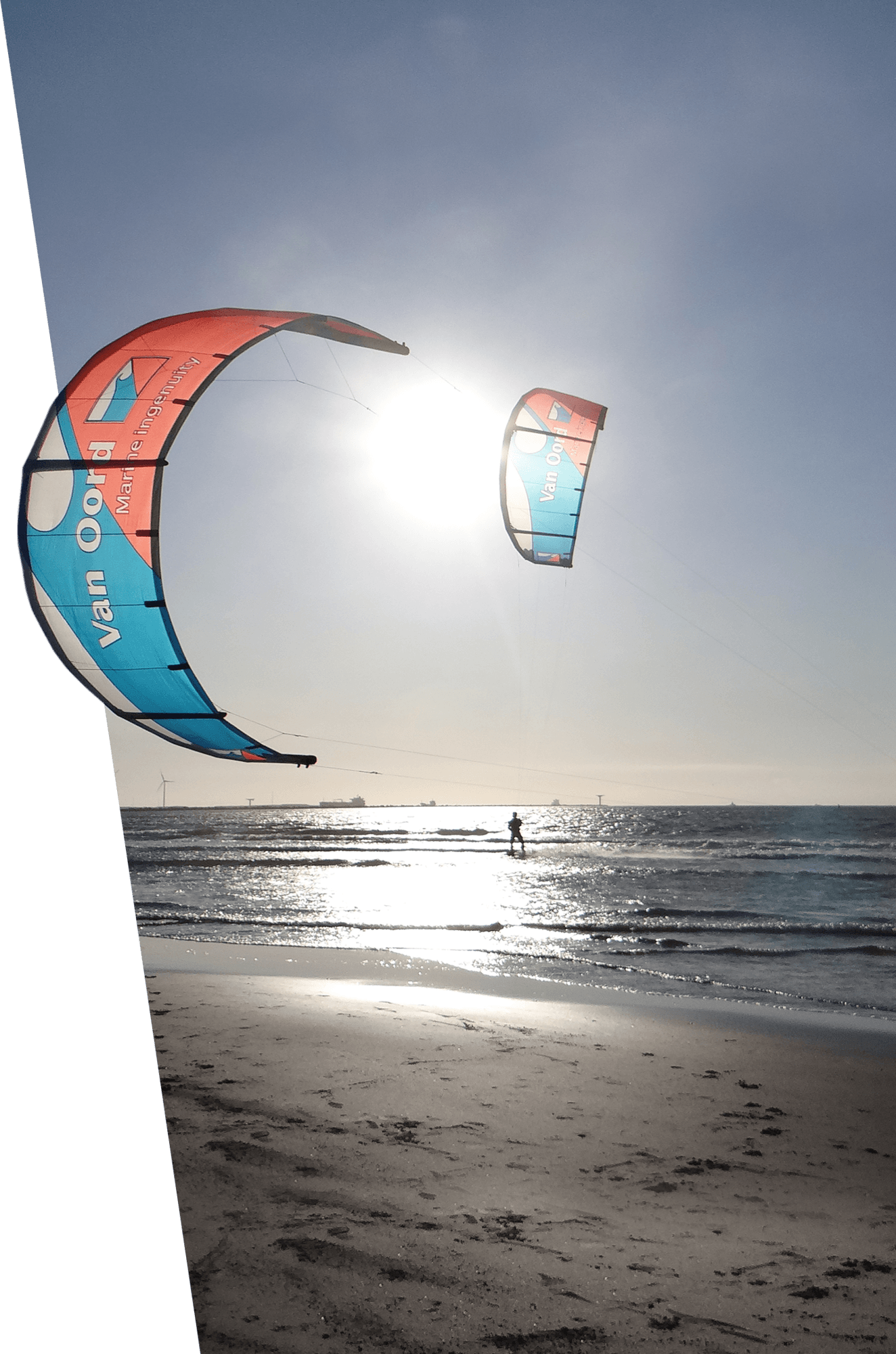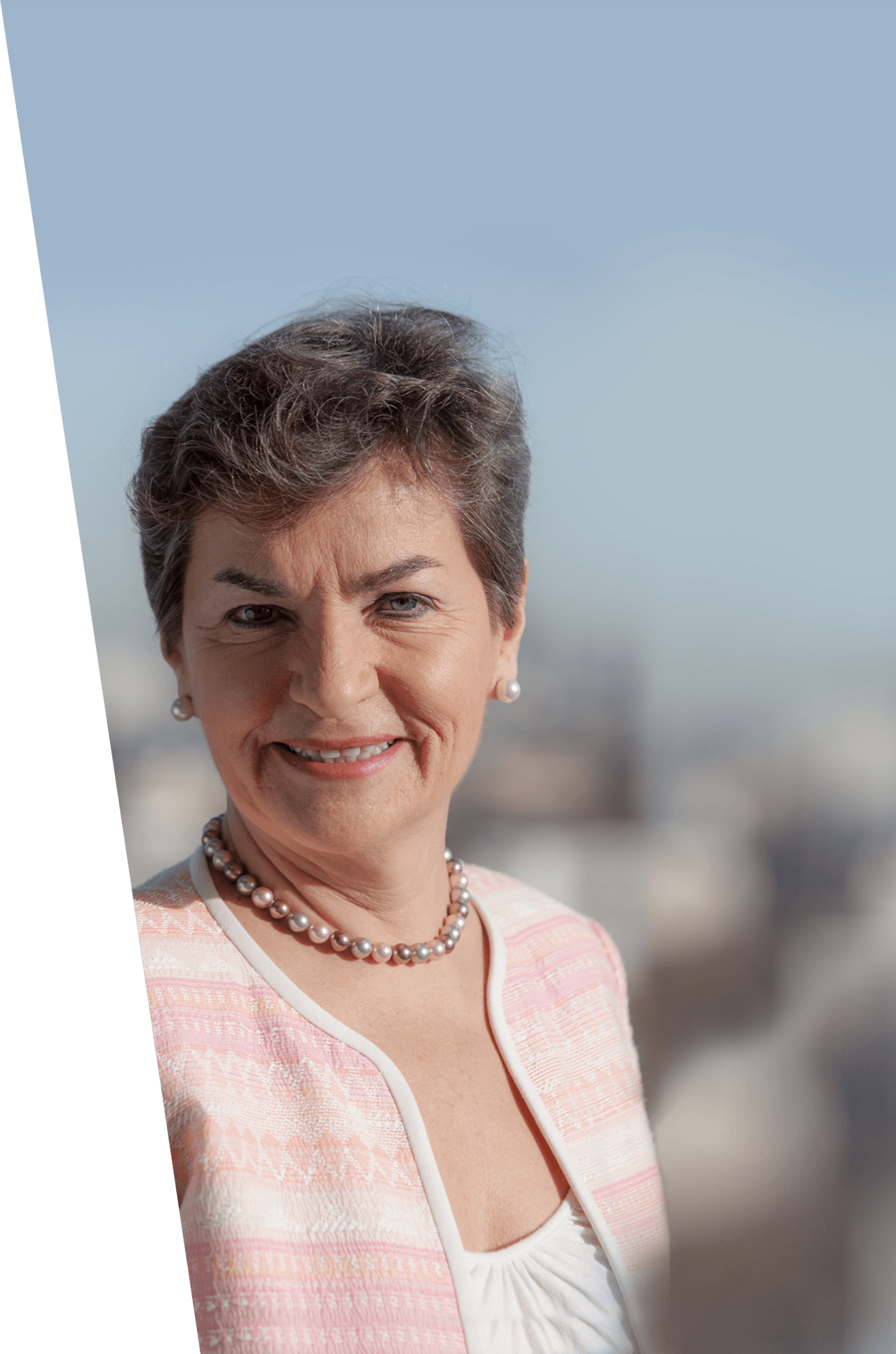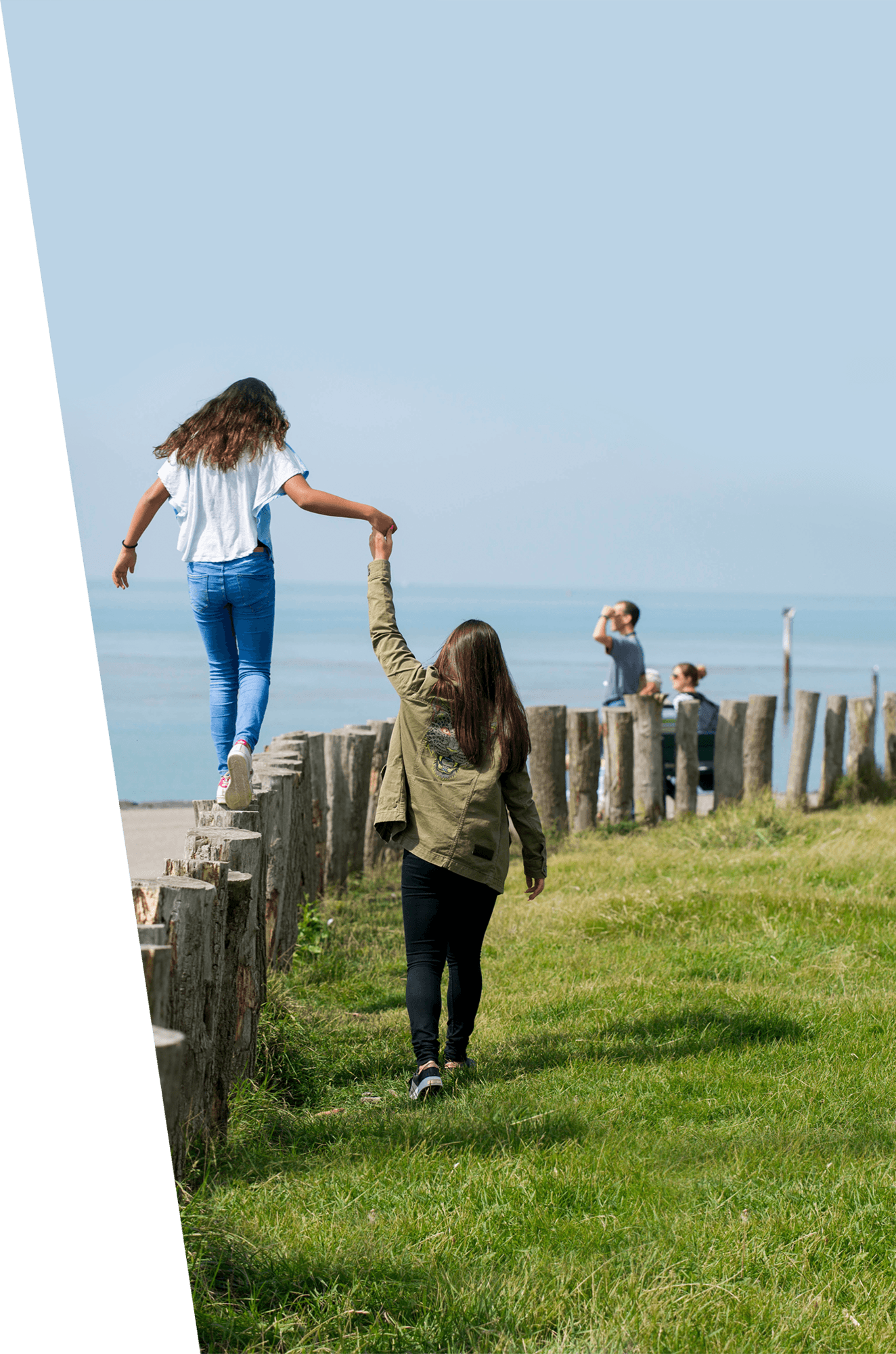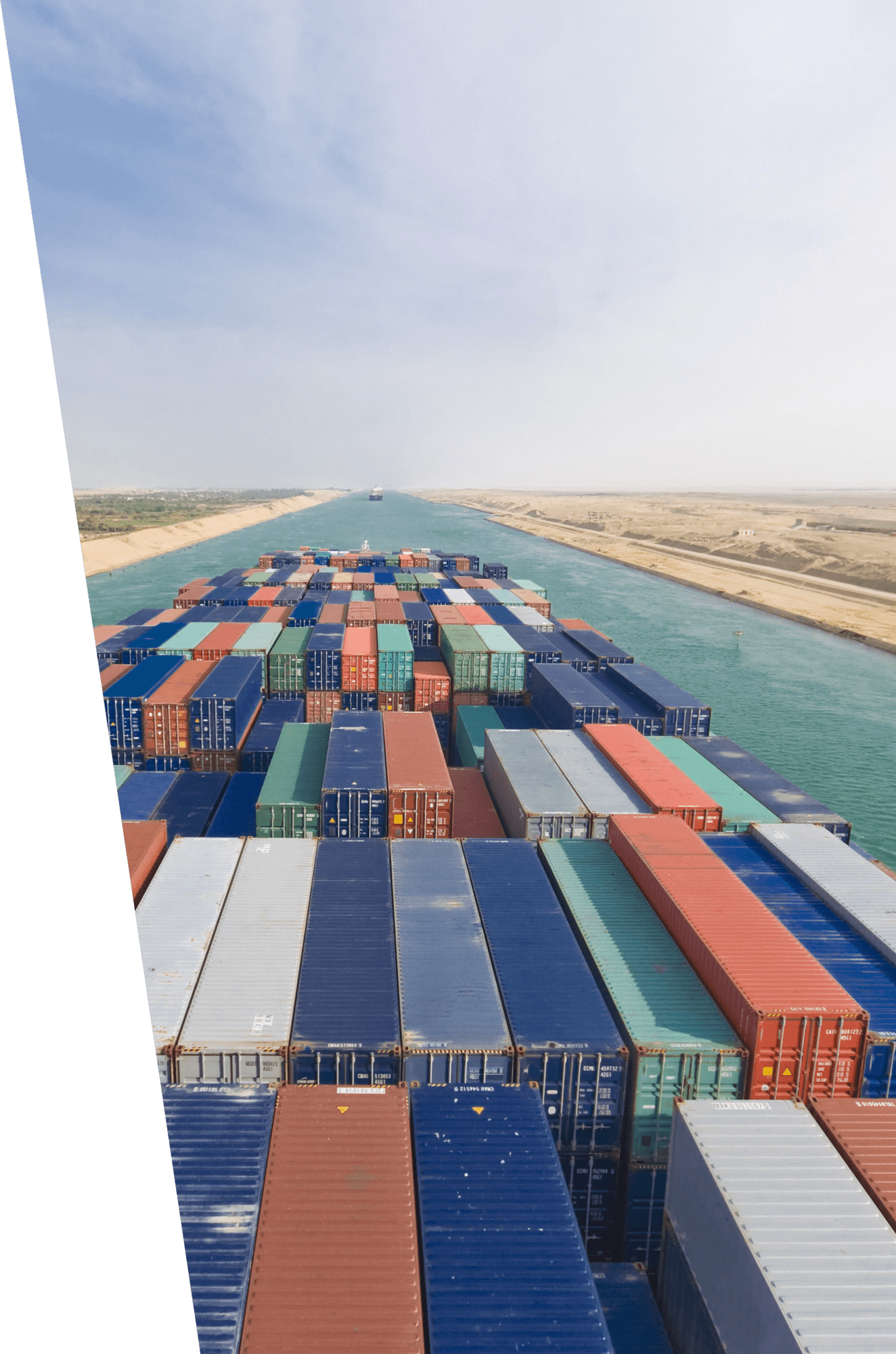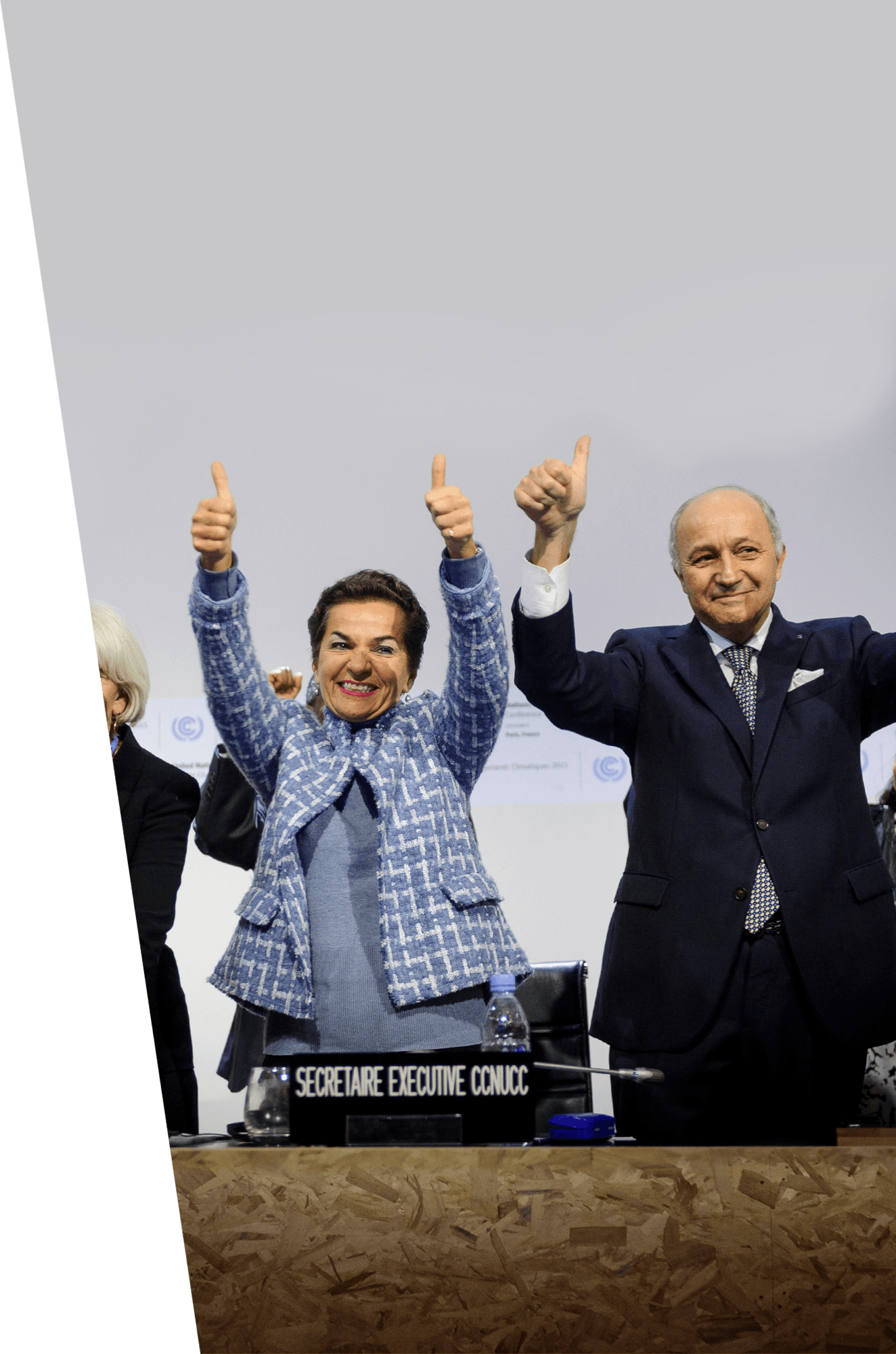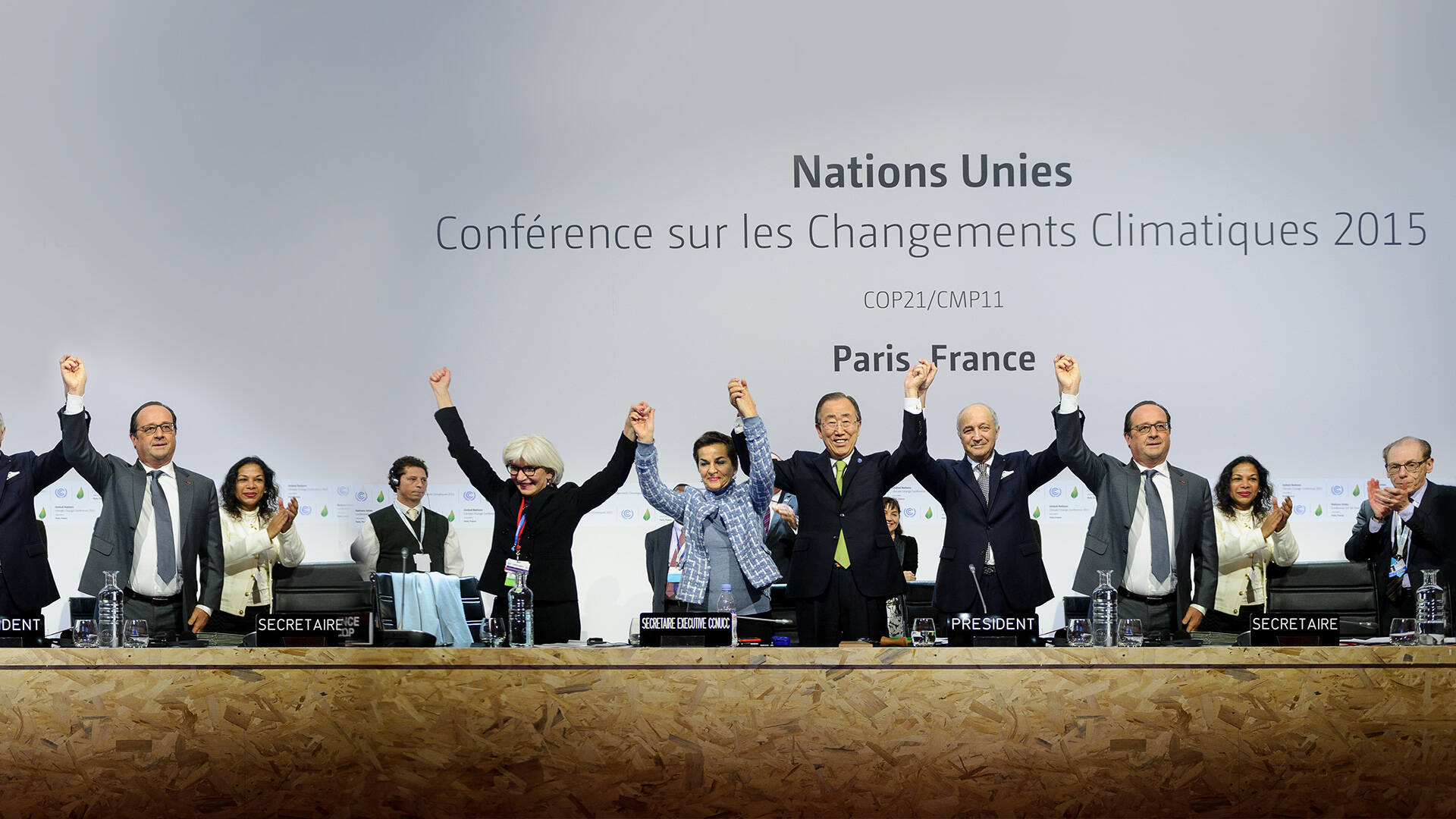Christiana Figueres
Climate change diplomat
She was the United Nations’ top climate change diplomat and delivered the Paris Agreement on Climate in 2015. Since then, Christiana Figueres has worked tirelessly to get the world on track to beat global warming before 2020. The challenge is enormous but so is her optimism about the outcome.
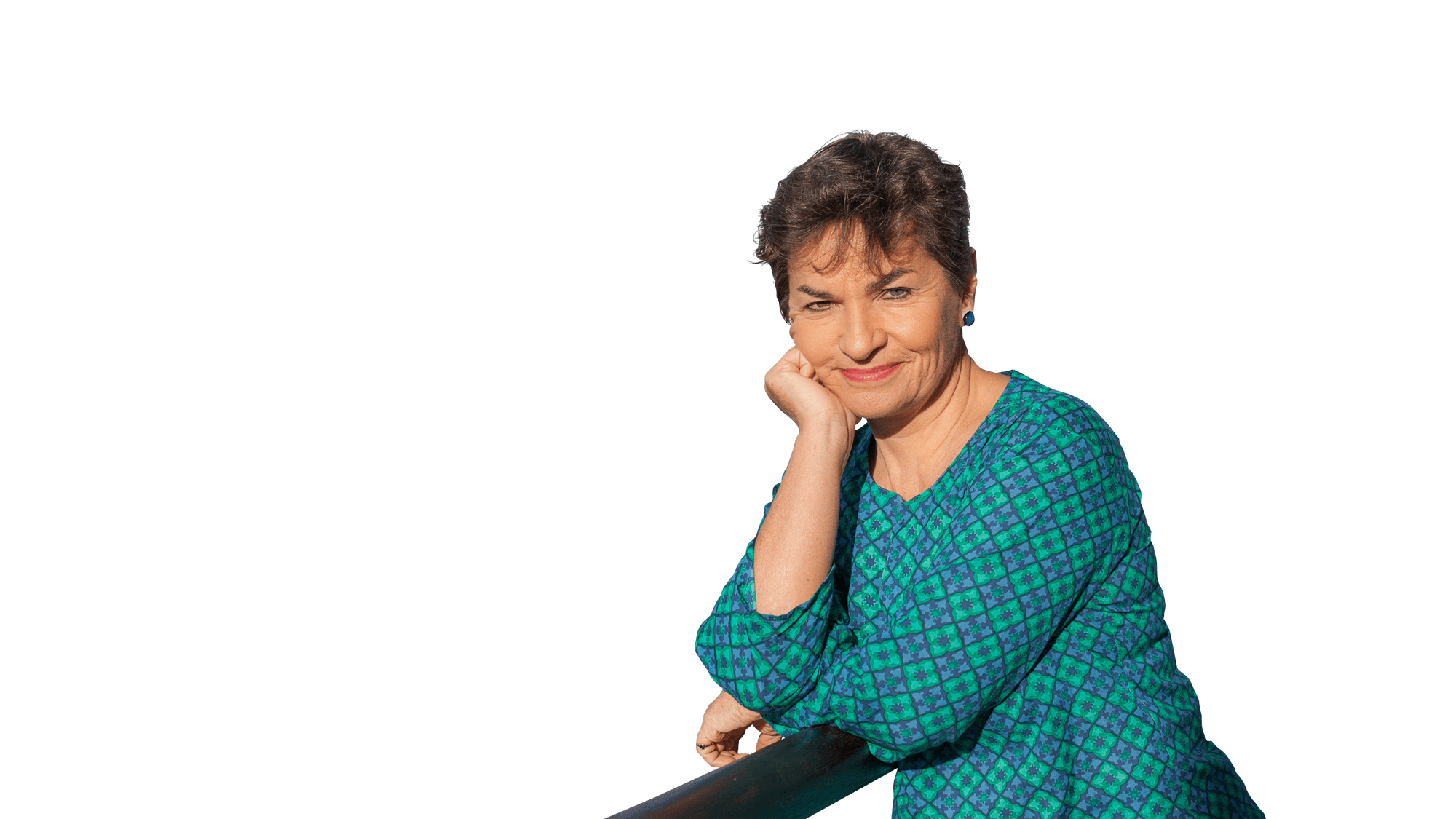

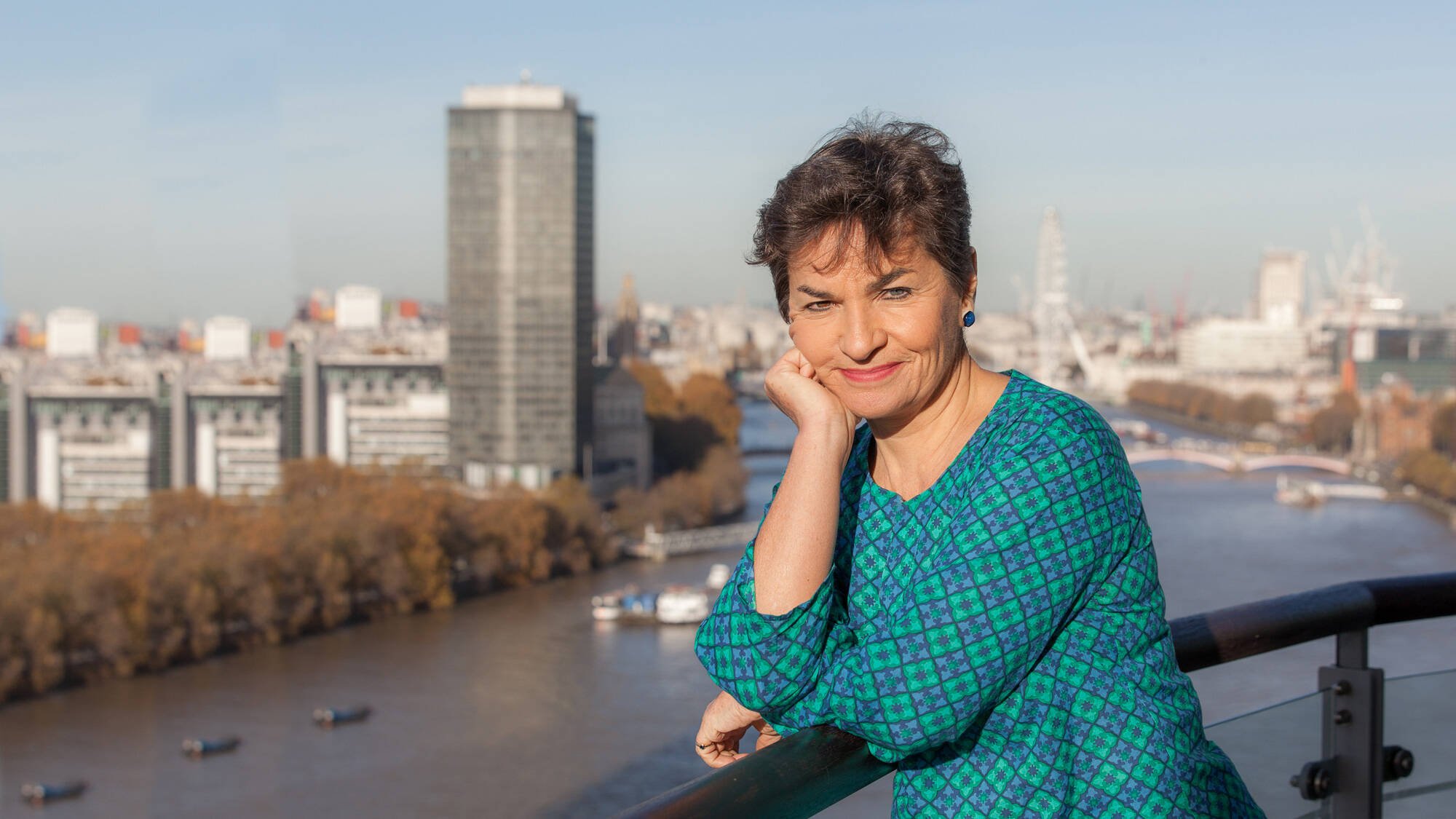
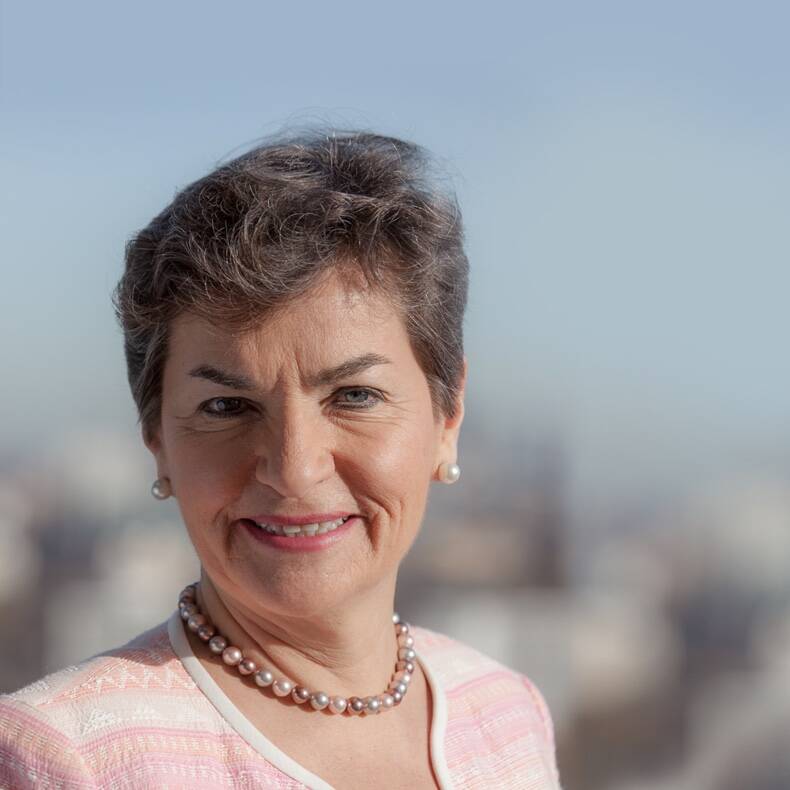
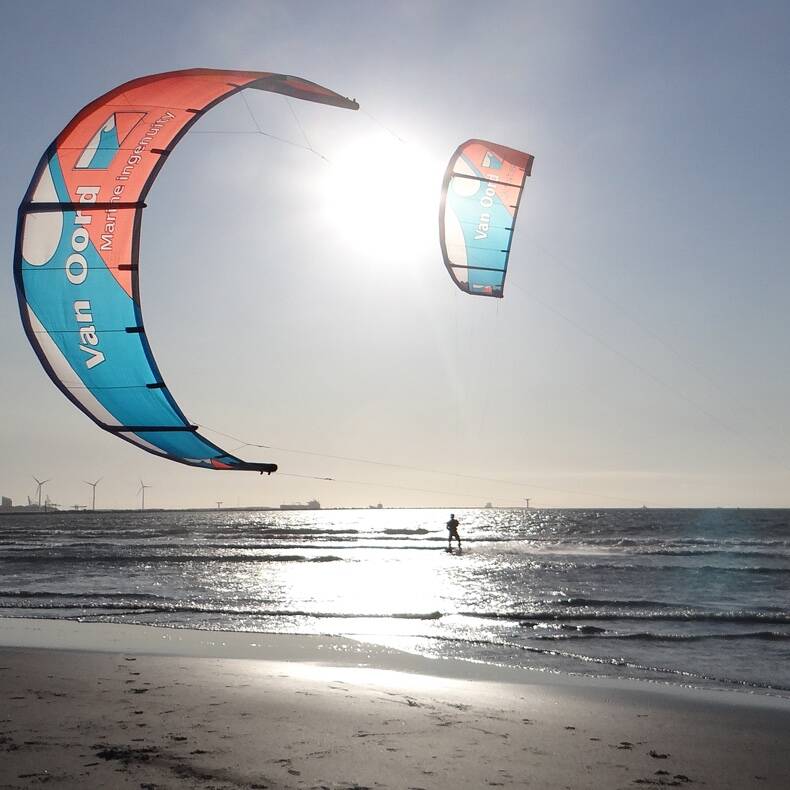
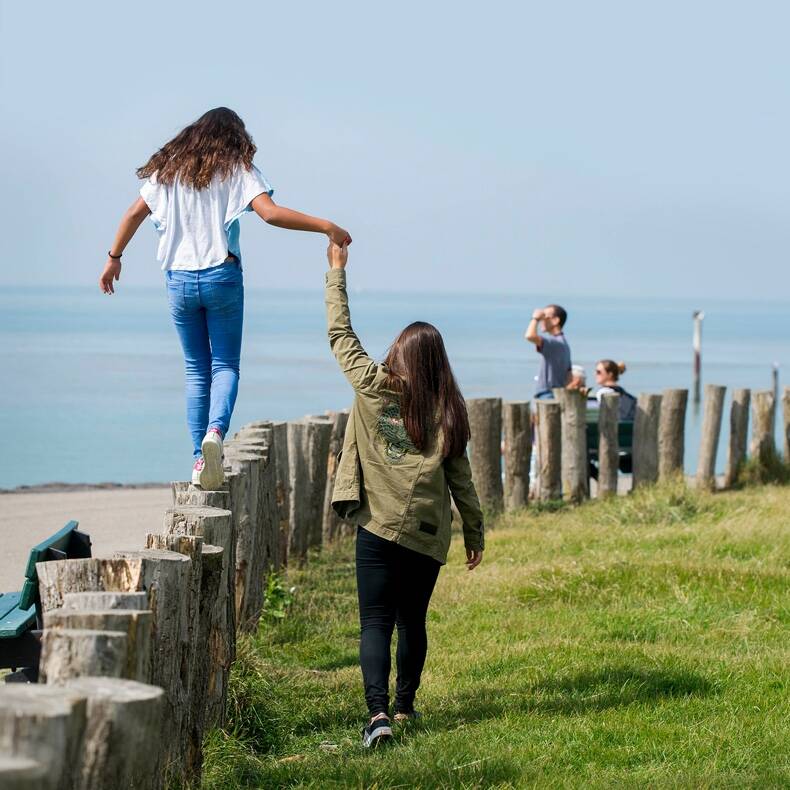
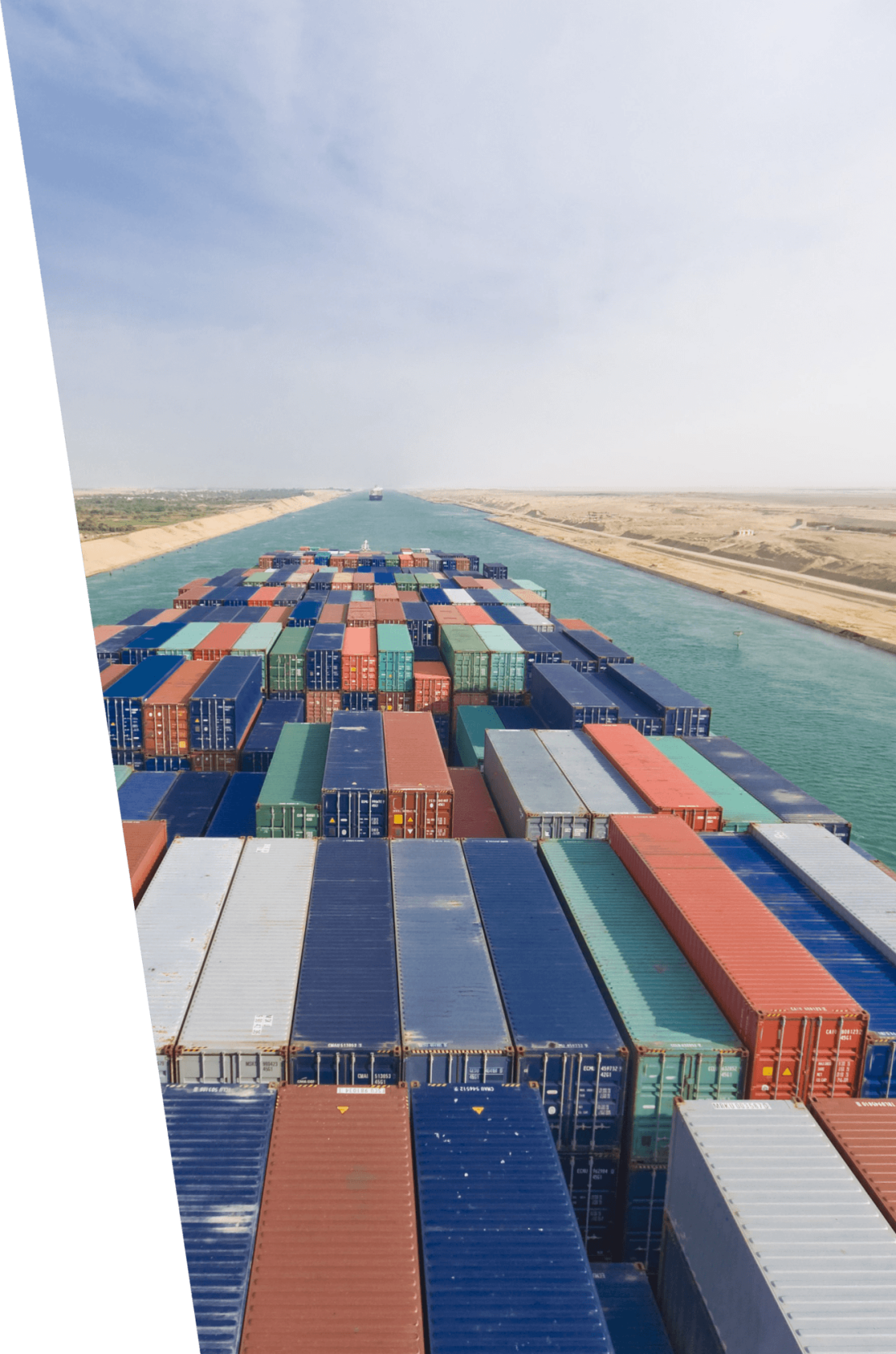
She dedicated herself to rebuilding the global climate change negotiating process based on fairness, transparency and collaboration, leading to the 2015 Paris Agreement.
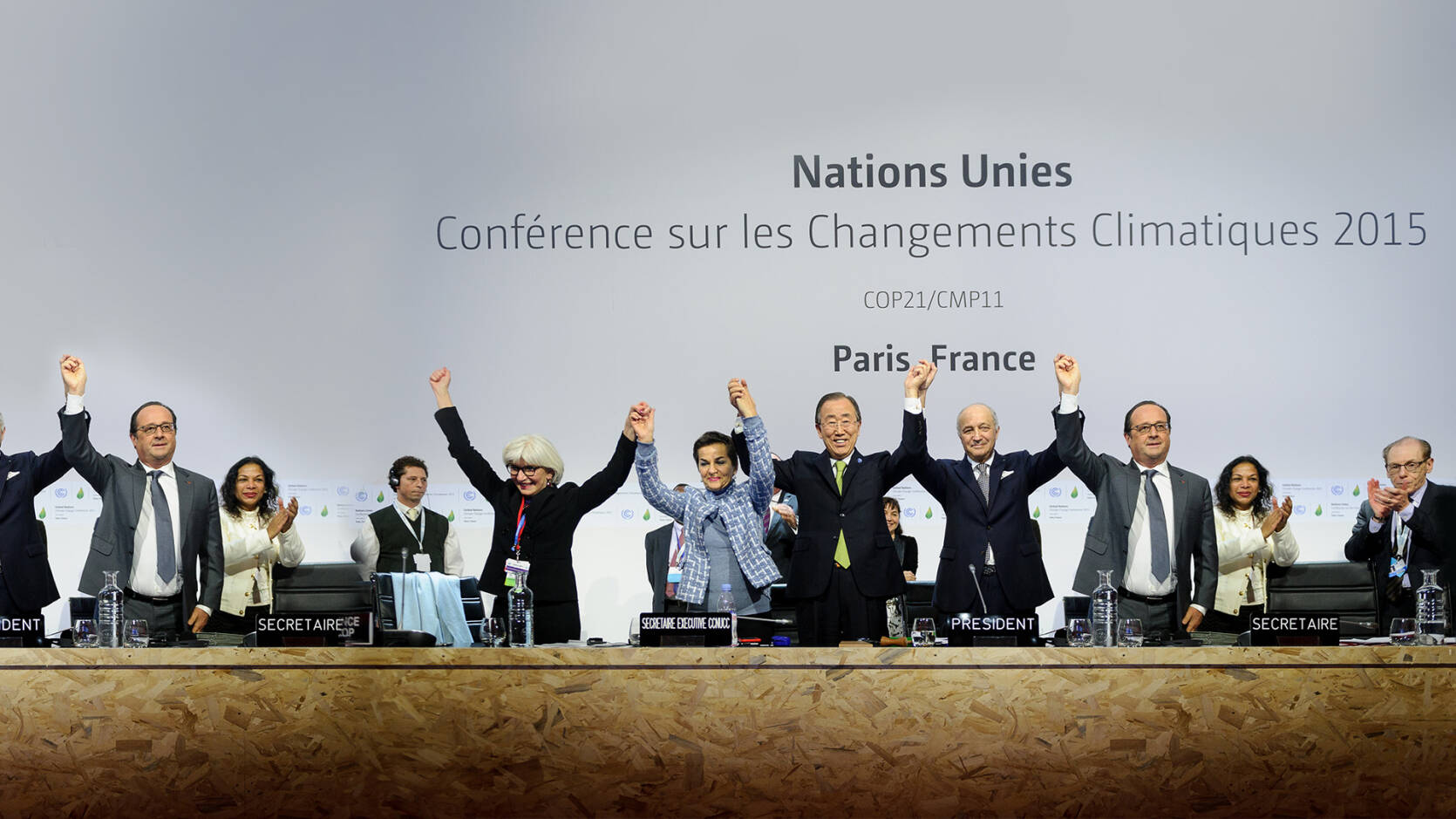
I have moments of disbelief, for instance when I’m confronted with people who don’t understand that we have an urgent need for solutions. They do not understand that we are in a world that is changing exponentially. I try to open up their eyes to the reality we are facing today.
Will it work, the Paris Climate Agreement? I think so. And I shall continue to push so that we keep on track to bend the curve of emissions by 2020. And after that I will hand over the responsibility to the next generation. They are much more aware of planetary boundaries. They have no tolerance for companies that are irresponsible. They simply don’t like to work for those companies. They want to see and work with solutions. That is a very healthy way of thinking both for employees and for company owners. This new generation comes with a very different level of tolerance. And I must say: it only increases my optimism that together we will save this planet.
The secret of your success seems to lie in your being a stubborn optimist. You started a mission that many thought impossible, and now you are unstoppable when it comes to making it a success. Don’t you ever have moments of weakness?
In 2010 I was given the job with the full responsibility to “save the planet” but had absolutely no authority because governments are sovereign in every decision they take. At first I panicked, but soon after I realised one thing: we had to change the context of the negotiations to one of optimism, courage, hope, trust and solidarity. So during my time at the UN I was relentless about injecting that into the system. And pretty soon we saw many changes happening, remarkable changes, all of which led to the adoption of the Agreement.
My key message these days is that decarbonisation is underway, it’s irreversible and it is growing exponentially every day. That is good for the planet. But it is also good for us, because it creates many new opportunities. That is what I keep stressing: the urgency is very high but the opportunities are even higher. The direction is good. Success depends on timing and scale. All countries and companies in this world have the responsibility to speed up the process and accelerate now. The message to corporations is clear: first reduce emissions in your own operations; second, reduce them across the whole value chain; and third: look at how you can help other sectors accelerate their decarbonisation.
This year you received the prestigious International Four Freedoms Award from the Roosevelt Foundation for your contribution to the Paris Climate Agreement. Changing the tone of the conversation on climate change was one of the first things you did in your role at the UN. Why was that so important to you?
I think that is the correct viewpoint, as we are all borrowing the planet from the next generation. But we need to be consistent about that viewpoint. We need to take the necessary bold decisions now, because our decisions today will determine the emissions with which our children will be burdened. We have to be ambitious now and I shared this with Mr. Van Oord when we met earlier this year. We need to speed up all decarbonisation efforts. The reduction in emissions must begin in 2020. It is our responsibility now. There is just no other option. We can’t risk waking up too late. This is about swallowing the alarm clock on emissions, and ensuring we are not handing a disaster to the next generation. Look at the news about the transformation that is already underway. People are increasingly concerned about the impact of global warming. A growing number of investors in the fossil fuel industry are putting pressure on the leaders of those companies to intensify their climate change efforts. More and more companies and industries are moving in the right direction, but we need to move even faster. Family-owned companies like Van Oord can make a big difference because they are acutely aware of their responsibility towards the next generation. They are stable and therefore they can act faster. That’s just what we need now.
You will be the keynote speaker at the conference Van Oord is organising to celebrate its 150th anniversary. CEO Pieter van Oord likes to say that ‘he is borrowing the company from the next generation’, by which he means that he must take good care of it before he hands it over. That is part of his sustainability strategy. How do you see that?
The emissions included under the UN Convention on Climate Change are only those that occur in national territories. Because emissions produced by industries such as the international maritime or the airline industry are, by definition, international, they simply can’t be included in the Paris Agreement. However, the International Maritime Organization (IMO) recently decided that the maritime industry must reduce its emissions by 50% by 2050. A similar decision was considered before the summit in Paris but did not go through. Now, two years after Paris, with more and more negative effects of climate change visible, there was no room for the IMO-members to neglect or ignore their part of the responsibility anymore.
The international maritime industry was not included in any of the discussions of the Paris Agreement. That is remarkable, given that maritime transport emits around 1,000 million tonnes of CO₂ annually and is responsible for 2.5% of global greenhouse gas emissions. Why did you not include them?
We still have two short years to push the global economy to begin its descent on emissions. So we have to look at everything to be ready by 2020 in accordance with the requirements of the Paris Agreement. We have to keep pushing hard. Science is very clear about this. We are using up far too much of our planet. We simply don’t have a choice.
President Trump’s decision has demonstrated that sadly, the White House understands nothing about the Paris Agreement. But one should not confuse the US federal administration with the US economy.
Many states, like California, are continuing to move forward on decarbonisation because it is good for their economies. By the way, from a legal perspective the US can leave the Agreement no sooner than 6 November 2020. That is exactly three days after the next presidential election. If they still want to leave then, they can. We will see what happens, but meanwhile we will just continue to go on with all the other countries in the world that have signed and ratified the Agreement.
The Paris Agreement was groundbreaking. We are now two and a half years further and we are still burning vast amounts of fossil fuels, the world population continues to rise, and the US under President Trump is pulling out of global action. Can the world mobilise in time?
She was the United Nations’ top climate change diplomat and delivered the Paris Agreement on Climate in 2015. Since then, Christiana Figueres has worked tirelessly to get the world on track to beat global warming before 2020. The challenge is enormous but so is her optimism about the outcome.
